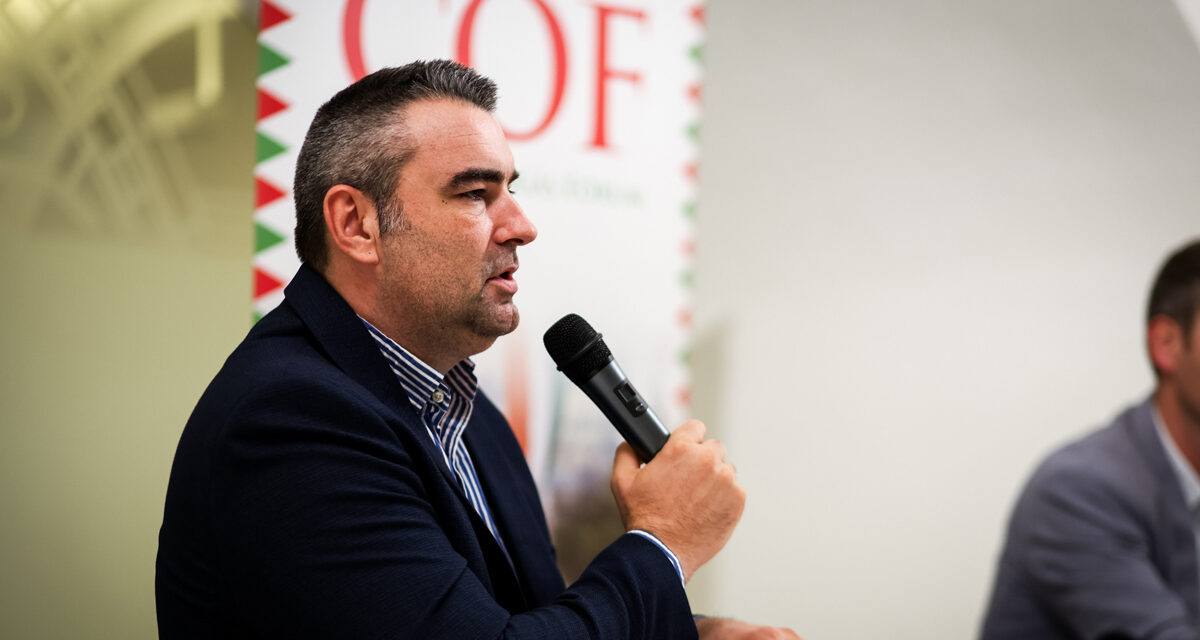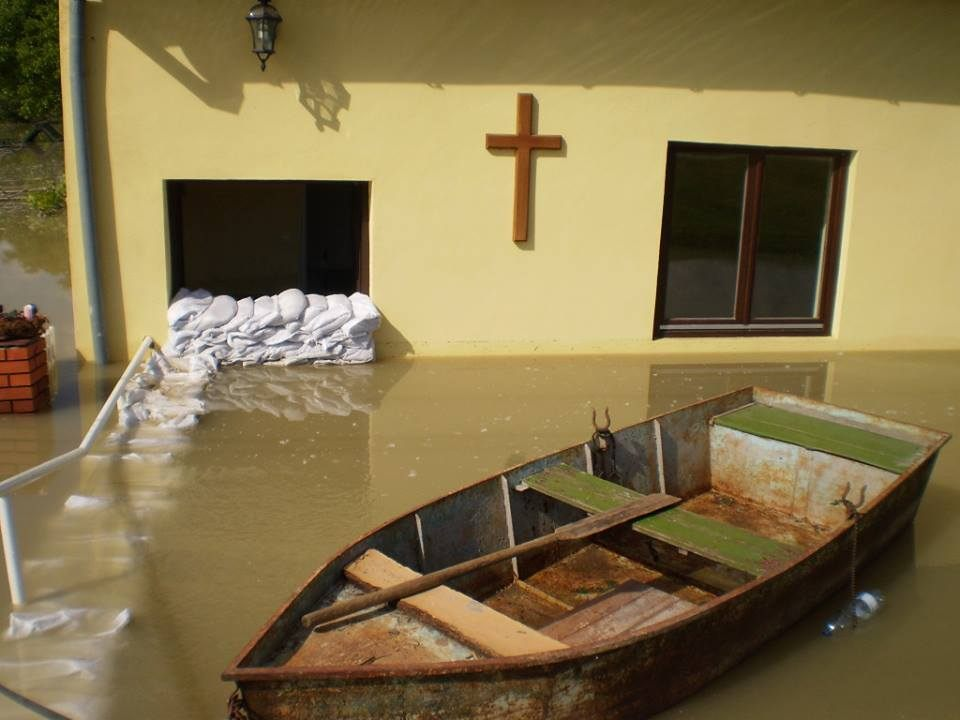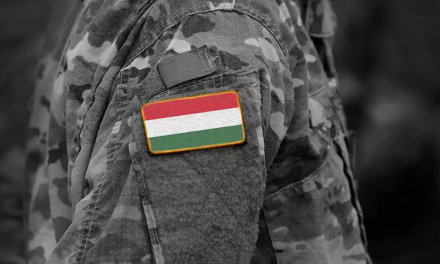The international arrest warrant against Israeli leaders is also nonsense under international law. Jr. Written by Zoltán Lomnici.
At dawn on October 7, 2023, Hamas militants and militant groups led by it invaded the territory of the State of Israel, intentionally killing hundreds of civilians and taking dozens of hostages in the Gaza Strip, including women, children, the elderly and the disabled.
These actions represent a serious violation of international human rights law and humanitarian law, and are also classified as war crimes and crimes against humanity. These are not isolated or sporadic incidents, but part of a widespread practice of atrocities (which some governments or de facto authorities tolerate, condone, or may even support in some form - eg the issue of Iran's responsibility).
Subsequently, the International Criminal Court (ICC) issued an unprecedented arrest warrant against Israeli Prime Minister Benjamin Netanyahu, former Defense Minister Yoáv Galant and a "high-ranking Hamas official".
The organization accuses them of committing war crimes during and after the attacks on Israel on October 7, 2023. According to the ICC, there are "realistic grounds" to assume that Netanyahu is responsible for, among other things, "starvation as a method of warfare" and "crimes against humanity, such as murder, persecution and other inhuman acts."
The judging body is a permanent court established in 2002 to handle the cases of persons accused of genocide, crimes against humanity, war crimes and the crime of aggression - however, it currently has no jurisdiction over the crime of aggression.
The seat of the Court is in The Hague, but it can conduct its hearings anywhere.
The International Criminal Court has jurisdiction to provide a forum for the prosecution of serious international crimes, including genocide, war crimes and violations of the Geneva Conventions.
Rome Statute establishing the International Criminal Court did not include terrorist crimes under its jurisdiction, despite several proposals by states to include such crimes. Since 1963, the international community 19 international legal conventions to prevent terrorist acts, and on September 8, 2006, the UN General Assembly adopted a global strategy against terrorism.
The organization is not to be confused with the International Criminal Court (commonly known as the International Criminal Court in The Hague), which is an organ of the United Nations (UN) and is responsible for investigating serious crimes committed during conflicts in the territory of the former Yugoslavia and conducting court proceedings against persons suspected of having committed them. were created for the purpose of
The Tribunal is an ad hoc, non-permanent judicial forum, also located in The Hague.
The chief judge emphasizes that Israel - along with the USA and Russia, among others - did not join the Rome Statute and did not accept the jurisdiction of the ICC, so the legal basis of the court's proceedings is highly questionable, and at the same time it violates Israel's sovereignty. Another concern is that the court did not give Israel the opportunity to initiate its own investigation or prosecution in the case, which violates the provisions of the Rome Statute.
The founding document of the International Criminal Court, the Rome Statute, was adopted in Rome on July 17, 1998, and entered into force on July 1, 2002. The Statute defines, among other things, the ICC's jurisdiction and operating principles, which must apply in all cases during the Court's proceedings.
However, the principles laid down in the Statute are less effective in practice, and the fear of political manipulation worries many countries, including the United States.
a 1998 subcommittee hearing on the ICC , former Senator Rod Grams noted:
“Now, while I am relieved that the government has voted against the Treaty of Rome, I am convinced that this alone is not enough to protect our nation's interests. The United States should aggressively oppose this court every step of the way, because the treaty that created the International Criminal Court is not only wrong, but I think it is dangerous.”
Separately, Gram noted that the ICC process would not provide "an effective filter against politically motivated prosecutions." Senator Dianne Feinstein, speaking at the same hearing in 1998, noted:
“I share the concerns that ultimately led the United States to decide that it could not support the Rome Statute. None of us want to see a court that frivolously accuses Americans, or that is motivated by politics rather than justice.”
These findings clearly indicate that the court may be subject to political manipulation.
In addition, US policymakers have also expressed concern that prosecutors have broad powers but are "not accountable to any government or institution."
The author is the spokesperson of CÖF-CÖKA and the general secretary of EuCET.
Featured image: Civils.Info













